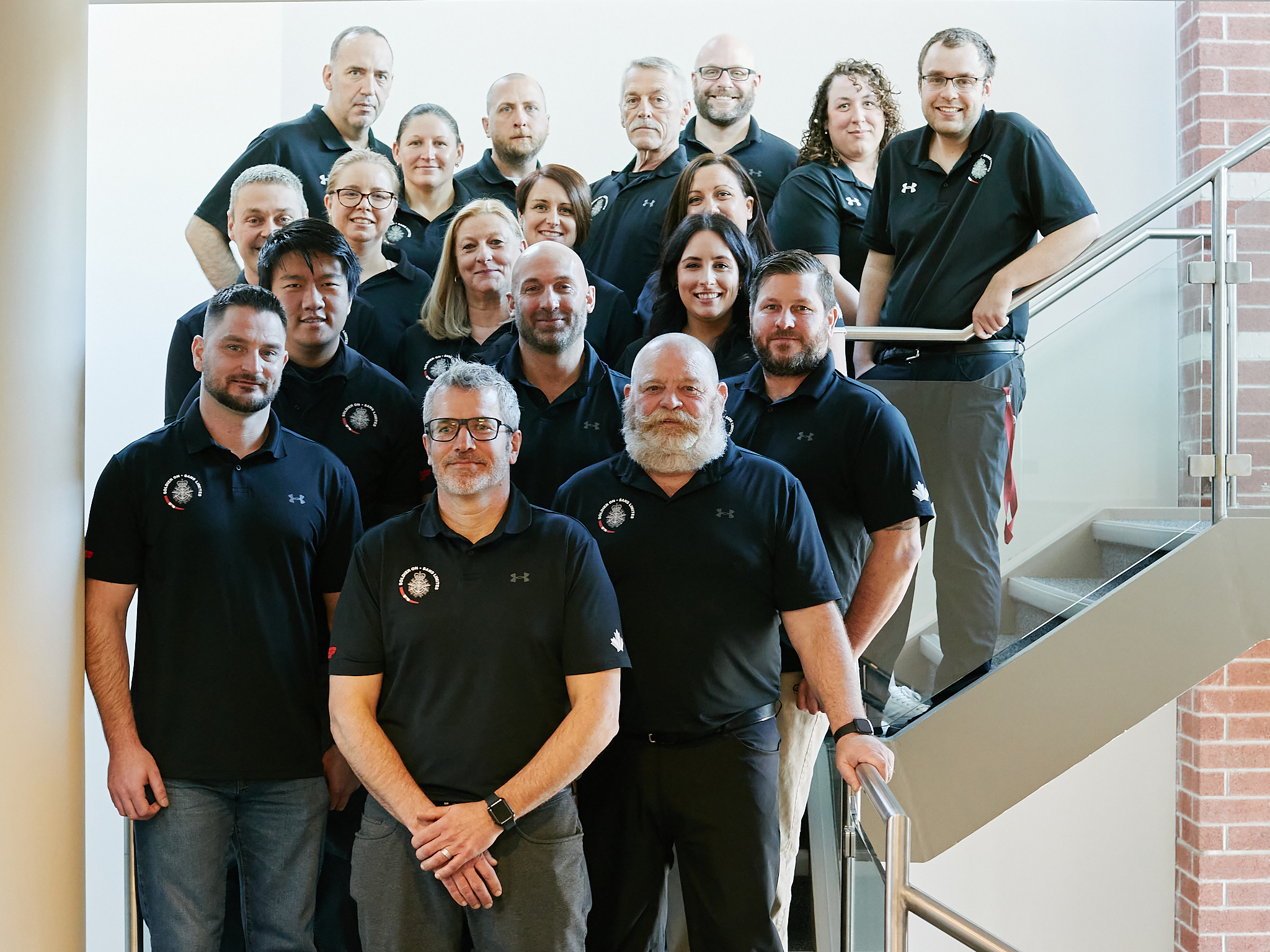
SANS LIMITES
Training for Invictus: Eileen Du Plooy
Par l’équipe du Trident
Eileen Du Plooy is a former Fitness and Sports Instructor with PSP Halifax, and now works as the Regional Coordinator for Soldier On in Newfoundland and Nova Scotia. She’s been using her athletic knowledge and training to support serving and retired military members for nearly a decade, and she recently appeared on the CFMWS internal podcast series to speak about her experiences working with CAF members and preparing adaptive athletes for the Invictus Games.
“My job is probably one of the most rewarding ones that there is. I feel honoured to be there every single day,” she said, acknowledging the hard work and determination shown by the Soldier On participants she works and trains with, some of whom are working their way back from debilitating injuries or fighting difficult battles with PTSD and other mental health issues.
Things don’t always go smoothly. Du Plooy shared stories of Invictus Games training camps that involved triggering situations or tough adjustments for participants, and she recalled one specific member who had a very difficult time dealing with the stresses of travel and being away from family.
“This individual didn’t do well during that camp and didn’t end up actually going to the Invictus Games, the overall event, but I have been in contact with that member afterwards, and they have actually progressed to a place where they’re okay. They’re able to go through their daily activities and daily life. They’re on a path of finding out where their recovery is going to take them.”
Sometimes a full, 100 percent recovery isn’t the expectation or the goal, and that’s ok, Du Plooy said. Soldier On aims to guide members into getting back into an active lifestyle and reconnect them with peers, which can be a first step to reintegrating into society.
A lot of members learn from each other. They come out to these events, and they realize, “Whoa! You know what? My life is hard at the moment – I have this limitation, but I’m still able to get out. I’m still able to have fun.”






